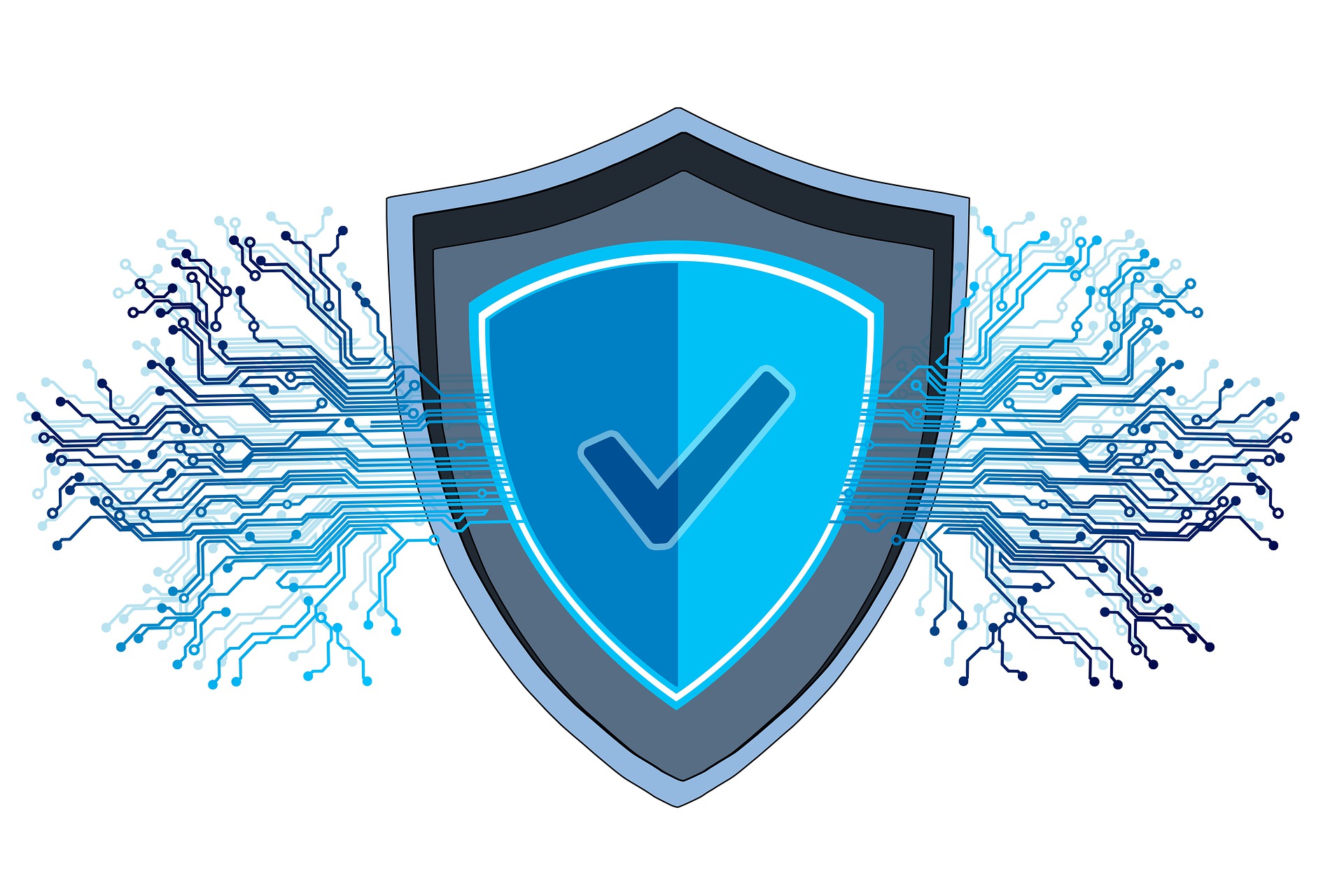
In today’s digital age, where technology surrounds us at every turn, protecting our online presence is paramount. Imagine your computer as your digital home, and like any home, it needs protection. That’s where an antivirus comes into play. In this article, we will dive deep into the world of antivirus software, demystify its purpose, and guide you through its importance. So, let’s get started.
What is Antivirus: Your Shield Against Digital Threats
Content Summary
- Introduction
- Understanding the Basics
- How Does Antivirus Work?
- Types of Antivirus Software
- Features to Look for
- Do You Really Need Antivirus?
- Choosing the Right Antivirus
- Installing and Updating Antivirus
- Antivirus Myths Debunked
- Conclusion
- FAQs: Your Anti-virus Questions Answered
Introduction About Antivirus
Picture this: you’ve just sat down at your computer, ready to explore the vast digital landscape. But as you browse the internet, send emails, and download files, you’re also vulnerable to hidden dangers – viruses, malware, and cyberattacks. This is where anti-virus software becomes your digital shield, guarding your computer against these threats.
Understanding the Basics
Before we dive into the intricacies of antivirus software, let’s establish the basics. Anti-virus, as the name suggests, is a software designed to counteract and eliminate viruses. But here’s the kicker – it doesn’t just stop at viruses. Antivirus software also protects your computer from a multitude of digital threats, such as malware, ransomware, spyware, and more.
How Does Antivirus Work?
To grasp the concept of anti-virus software, think of it as your computer’s immune system. When a virus or malware attempts to infiltrate your system, the anti-virus acts as a vigilant guard, scanning files and programs for any signs of suspicious activity. It then takes action by either removing or quarantining the threat, much like our immune system fending off harmful invaders.
Types of Antivirus Software
Anti-virus software comes in various forms, each with its unique features and advantages. Let’s explore the most common types:
1. Traditional Antivirus:
Offers core protection against known threats.
Requires regular updates to stay effective.
2. Internet Security Suites:
Comprehensive protection, including firewall and online security features.
Protects against phishing and online threats.
3. Endpoint Security:
Ideal for businesses, provides centralized protection for multiple devices.
Offers advanced threat detection and management.
Features to Look for
When selecting antivirus software, it’s crucial to consider the following features:
Real-Time Scanning:
Ensures continuous protection against threats as you use your computer.
Automatic Updates:
Keeps your anti-virus software up-to-date with the latest threat definitions.
Firewall Protection:
Guards against unauthorized network access and potential cyberattacks.
User-Friendly Interface:
A user-friendly, straightforward design.
Do You Really Need Antivirus?
A common question that many ponder is, “Do I really need antivirus software?” The short answer is yes, you do. While some operating systems claim to have built-in security measures, they may not cover all aspects of online security. Anti-virus software offers an extra layer of protection, reducing the risk of falling victim to digital threats.
Choosing the Right Antivirus
With countless options available, choosing the right antivirus software can be daunting. Consider factors such as your specific needs, the type of device you’re using, and your budget. It’s essential to read reviews and opt for well-established brands known for their reliability.
Installing and Updating Antivirus
Once you’ve chosen the right antivirus software, the next step is installation. Follow the provided instructions, and make sure to enable real-time scanning and automatic updates. Keeping your antivirus software up-to-date is crucial to protect against the latest threats.
Antivirus Myths Debunked
1. “My Operating System’s Built-In Security Is Enough.”
False. While operating systems offer some protection, anti-virus software provides an additional layer of security, reducing your vulnerability.
2. “Antivirus Software Slows Down My Computer.”
Not necessarily. Modern anti-virus programs are designed to have minimal impact on your system’s performance.
3. The paid version is inferior to the free anti-virus software.
Free versions offer basic protection, but paid versions often provide more advanced features and better support.
4. Antivirus is only necessary for my computer, not my phone.
Your smartphone is just as susceptible to threats as your computer. Consider mobile anti-virus solutions.
Conclusion
In a world where digital threats are ever-evolving, anti-virus software remains an essential tool to safeguard your digital life. Whether you’re a casual user or a business owner, investing in the right anti-virus software can make all the difference in protecting your digital assets and personal information.
FAQs
1. What is the best anti-virus software? The best anti-virus software varies depending on your specific needs and the type of device you’re using. Some well-regarded options include Norton, McAfee, Bitdefender, and Kaspersky.
2. Is free anti-virus software reliable? Free anti-virus software provides basic protection, but it may lack advanced features. If you can afford it, investing in a paid anti-virus solution is recommended for comprehensive security.
3. Can I have multiple anti-virus programs on my computer? It’s not advisable to run multiple antivirus programs simultaneously, as they can conflict with each other and potentially harm your system’s performance. Stick with one reputable anti-virus software.
4. How frequently should my anti-virus software be updated? Regular updates are crucial to stay protected against the latest threats. Set your anti-virus software to update automatically, or check for updates at least once a week.
5. Do I need an anti-virus for my smartphone or tablet? Yes, smartphones and tablets are vulnerable to digital threats. Consider installing anti-virus software designed for mobile devices to ensure your data and personal information remain secure.
In conclusion, anti-virus software is your digital guardian, protecting your computer and personal information from an array of online threats. By choosing the right anti-virus, keeping it up-to-date, and debunking common myths, you can navigate the digital world with confidence and peace of mind.